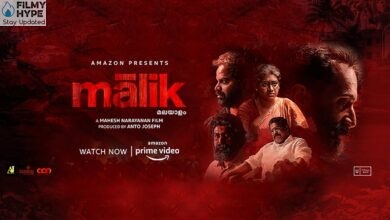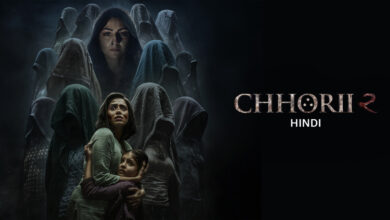Civil War Movie Review: Film That Speaks Both The Language Of Cinema And Our Own Reality
Cast: Kirsten Dunst, Wagner Moura, Cailee Spaeny, Stephen McKinley Henderson, Nick Offerman, Jesse Plemons
Director: Alex Garland
Where to Watch: In the Cinema
Filmyhype.com Ratings: 4.5/5 (four and a half stars)
Civil War Movie by Alex Garland is a film that, by its very nature, is destined to be misunderstood, and misrepresented, resulting in divisiveness. He is aware of this, like anyone who brings to the big screen in 2024 a film that asks itself very complex questions and dialogues about it with its spectators, without reassuring them. It is a film with no ready answers and, more than anything else, brings into film fiction the difficulty of history being reduced, systematized, and simplified while it is happening. What makes this historical moment we are experiencing so distressing? Not only the presence of conflicts that we feel very close to, not only the return of the large opposing blocs, of sovereignisms, of supra-state entities that seem more than capable of manipulating fragile democracies. What distresses us is that, in the here and now, we don’t know which faction will prevail, we don’t know a century from now how this moment will be read. History is written by the winners and for the moment we still don’t know who will prevail.
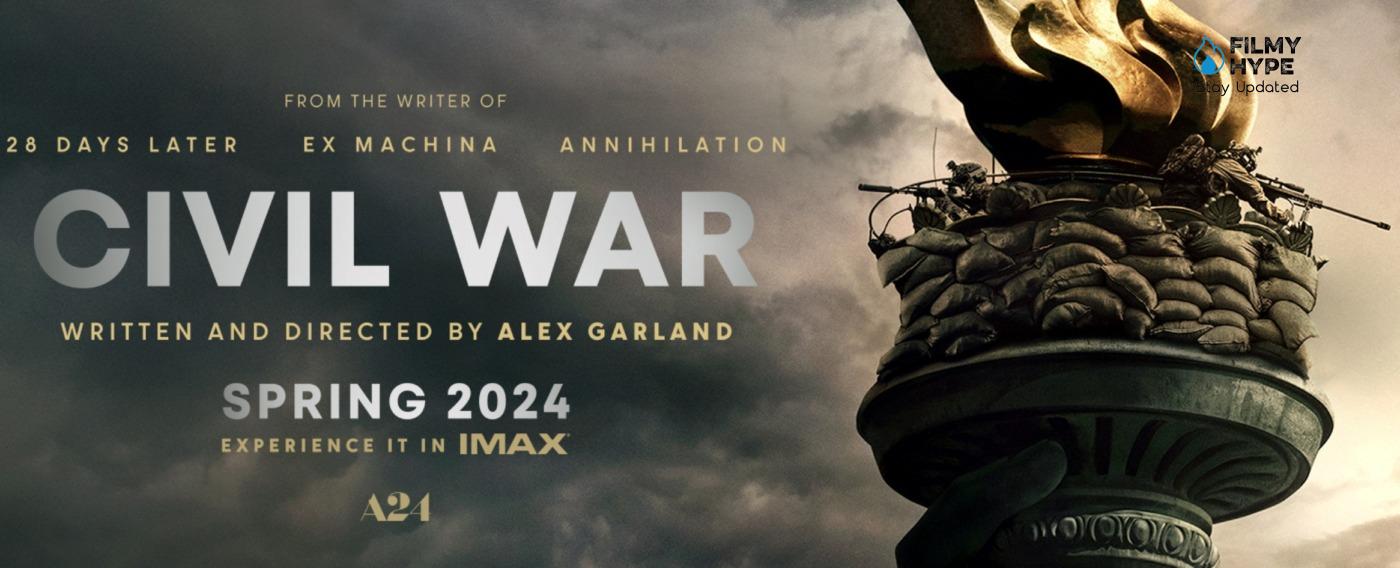
The first, great idea of Civil War Movie is not to be just a war film. Rather, this is a film about documenting war, about taking notice of it. Alex Garland understood it: today the only possible and necessary alignment is that towards information. There, in an attempt to guarantee transparency, the real battle is fought. Especially considering how photographs, videos, and images are all the favorite victims of a ruthless and unscrupulous counterfeiting of reality in our precarious present, which we should really be afraid of. Because when media transparency fails, those asymmetries are generated that occlude the eyes and the state of things. And where the truth, as a political and economic asset, has much less value than the post-truth. And who knows lies and deception may not be the driving forces behind that Civil War Movie that gives its name to the work that the British director writes and directs. After all, some warn that in the capital, Washington DC, journalists are being shot on sight.
The film, in reality, is never explicit about what were the real causes that led to the conflict raging in the United States, now divided between government forces on the one hand, Western Forces of Texas and California, and the Florida Alliance on the ‘other. Politics and politicians in the strict sense are never a topic of discussion, they do not appear. Except the President (Nick Offerman) of the former United States, a figure of whom only a couple of decisions taken are commented on and which seem to suggest his possible orientation. This a statement set aside there, but it leaves us to reflect laterally on who was the one who fomented the idea of secession at the time, proposing the first dizzying scenario knotted around a tension that runs through the Civil War Movie from beginning to end. For this reason, as we will see in this review of Civil War Movie, we are not faced with a simple genre feature film, but with an investigation that asks us about the crucial role of journalism and the press in shaping our perception of reality and in maintaining I live dialogue, in an era marked by conflicts and divisions. With his film, the director thus invites us to a profound reflection, not only on what we see on the big screen but also on the world around us.
Civil War Movie Review: The Story Plot
The story of the Civil War Movie is built entirely in an internally broken America, divided in two by the government led by a president (played by Nick Offerman) who has decided to stay in power by assuming an absolutist identity, with the desire not to respond to the legislative logic consolidated over the years. On the one hand, therefore, we find the White House and its intention to remain in power at any cost, to the point of barricading itself inside Washington using all the military forces available and nearby to remain, and on the other, the so-called secessionists, the forces contrary to what is happening, committed to falling back towards an order impossible to establish. All of this, of course, has led to a brutal, no-holds-barred Civil War Movie, and an internal division that is tearing everything apart, throwing one of the largest and most powerful nations on the planet into utter chaos.

Alex Garland’s gaze, however, chooses to focus on the micro rather than the macro, outlining the story of a group of photojournalists busy traveling around the area to bear witness to what is happening on the front line, trying to push ever further into there in terms of personal courage and risk. Thus, we meet Lee (Kirsten Dunst), Joel (Wagner Moura), Sammy (Stephen McKinley Henderson), and Jessie (Cailee Spaeney). Everything we learn and learn about the ongoing ruin of America comes directly from their direct experience in the field and from that intrinsic and indefinable desire to see and “capture” the brutality of a ferocious and bloody historical moment.
Civil War Movie Review and Analysis
Without mincing words, the Civil War Movie is a disruptive film, a cinematic experience with a direct message that is difficult to ignore, especially in our present. Starting from the journalistic work of the protagonists, the director exploits their most figurative and expressive characteristics to expose the hypocrisies of a reality not too distant from ours in some respects, even outside of American soil itself. In the brutal violence of a Civil War Movie, many social, and above all political, ideas are hidden, which go beyond the big screen, immediately breaking its most constructed limits in favor of a direct dialogue with the audience in the cinema. In doing so, Garland takes to extremes a narrative material which, although strong in some situations, is always credible in what he does and says, imparting a disturbing underlying realism that opens up many questions external to the cinematic dimension itself.
The American government’s attachment to power, in the Civil War Movie, is not something too distant from what we have seen, for example, recently with some characters who have attempted to hold themselves high against existing laws. It is no coincidence that while watching it is inevitable to think about Donald Trump’s mandate and the siege of Capitol Hill on January 6, 2021. The main fuse behind this film lies in the desire to override a historically established system, bathed in narrative material that continually overflows outside, which easily invades the actual reality of all of us, appearing close, in the most disturbing way possible. In the chaos of identity exaltation and limitless violence, the Civil War Movie lays bare the inconsistencies first of the Americans portrayed, and then of the human race itself, manipulated by its own beliefs and by those ideological extremisms so strong as to manage to move even the needle of common morality elsewhere.
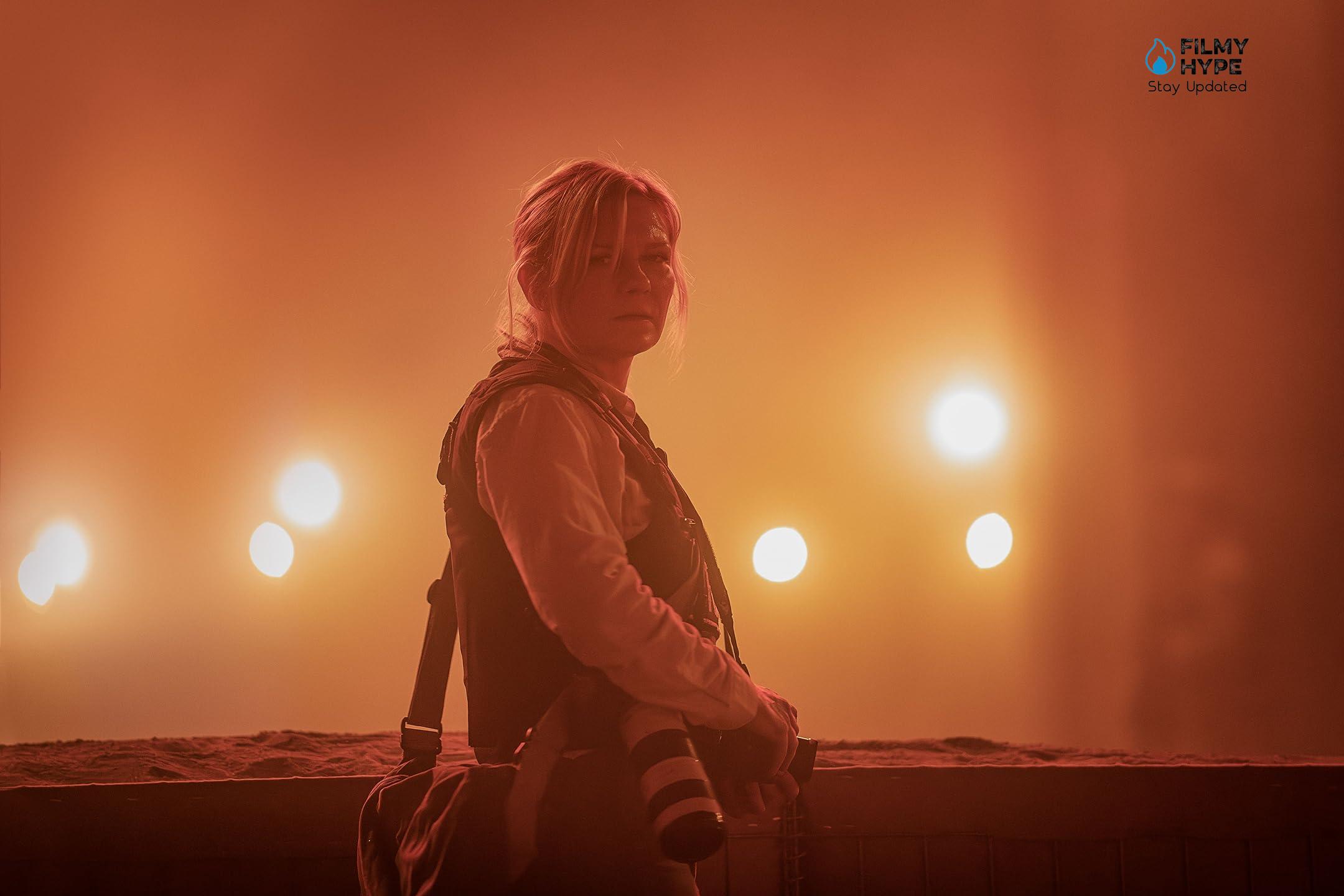
Starting from a broad story, it is precisely through the journey of the protagonists themselves that we can come into contact with the craziest details of a context in which war and fear have taken over everything. The direct experiences, the spoken and unspoken words, and the underlying emotion are an added value together with the director’s attention to the specific human and the broader consequences of a wrong political vision taken to its extreme. In addition to the writing and the characterization of the protagonists, Civil War Movie remains first and foremost a film that is nourished and developed through the cinematographic medium and its possibilities. It is the images that speak before everything else, staging a context that works precisely in its underlying credibility. In the nightmare of a nation in ruins, we find many details captured by a camera that is attentive and still when needed, capable of framing the specific and most purely human sensitivity even in moments in which the brutality of violence takes over.
The love for images and their undeniable power imparts a strong and contrasting flavor of testimony to the progress of the story, working closely with a disarming soundtrack from the very first moments. Voices, sounds, explosions, pain, whispers, and shots alternate in a journey with a very bitter flavor, in which the balance of a profound, limitless, and common humanitarian crisis is channeled through the gaze behind the lens, raising awareness and leaving a mark. indelible. Civil War Movie is also a film about human relationships beyond great things, about bonds and hypocrisies in this sense. Relying on the creativity of his protagonists, Garland destroys every illusion regarding an America stripped of its own beliefs, laid bare by a clarity that is very important in the current cinematographic panorama.
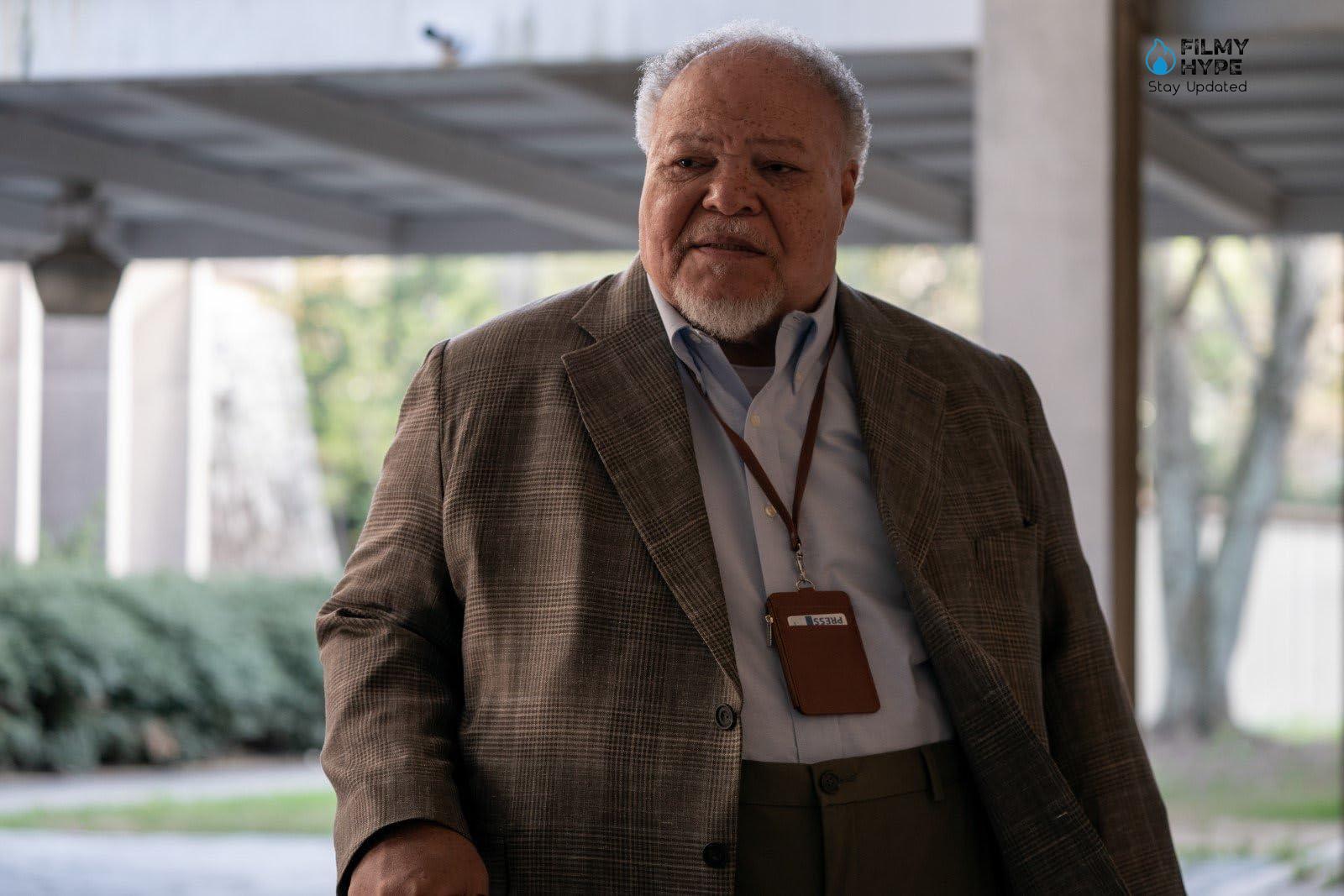
The first big, huge misconception regarding the Civil War Movie is that it is a film about the fall of the United States, about war within American borders. It is certainly a central theme of the story, which closely addresses a concern that American commercial and authorial cinema was able to intercept and sublimate before History itself found its starting point. Before the assault on Capitol Hill, American cinema had become passionate about films subjugated by the fetishism of the destruction of the symbols of American democracy. White House explodes assaults on the President’s person, heroic bodyguards attempting to protect presidents more sinister than ever. Civil War Movie is a glacial, detached, authorial film that follows the thread of that type of commercial film. It does so in a way that will irritate those who want black-and-white visions of cinema, metaphorically speaking those who, when faced with Anatomy of a Fall, are stunned by the fact that the film doesn’t tell them whether the protagonist killed her husband or not.
Civil War Movie is not interested in blaming one side or the other, accusing Democrats or Republicans of shaking the foundations of American democracy. He deliberately paints a scenario in which it is not clear who is on whose side. We only know that a president broke the democratic boundaries drawn by the Constitution, effectively attempting to impose a dictatorship. Some states traditionally inclined towards separatism (Texas, Florida, California) rose, sparking a Civil War Movie. Now they are marching on Washington, where the president has barricaded himself. The defeat of the latter is inevitable. The political context, however, remains in the background while the photojournalist Lee (Kristen Dunst) and the journalist Joel (Wagner Moura) become our compass toward the capital and the inevitable end of the dictator. She is a world-famous war photographer deeply affected by what she saw on the battlefield, he is a journalist addicted to the adrenaline rush of conflict zones, and they find themselves faced with the unthinkable. The battlefield is now America.
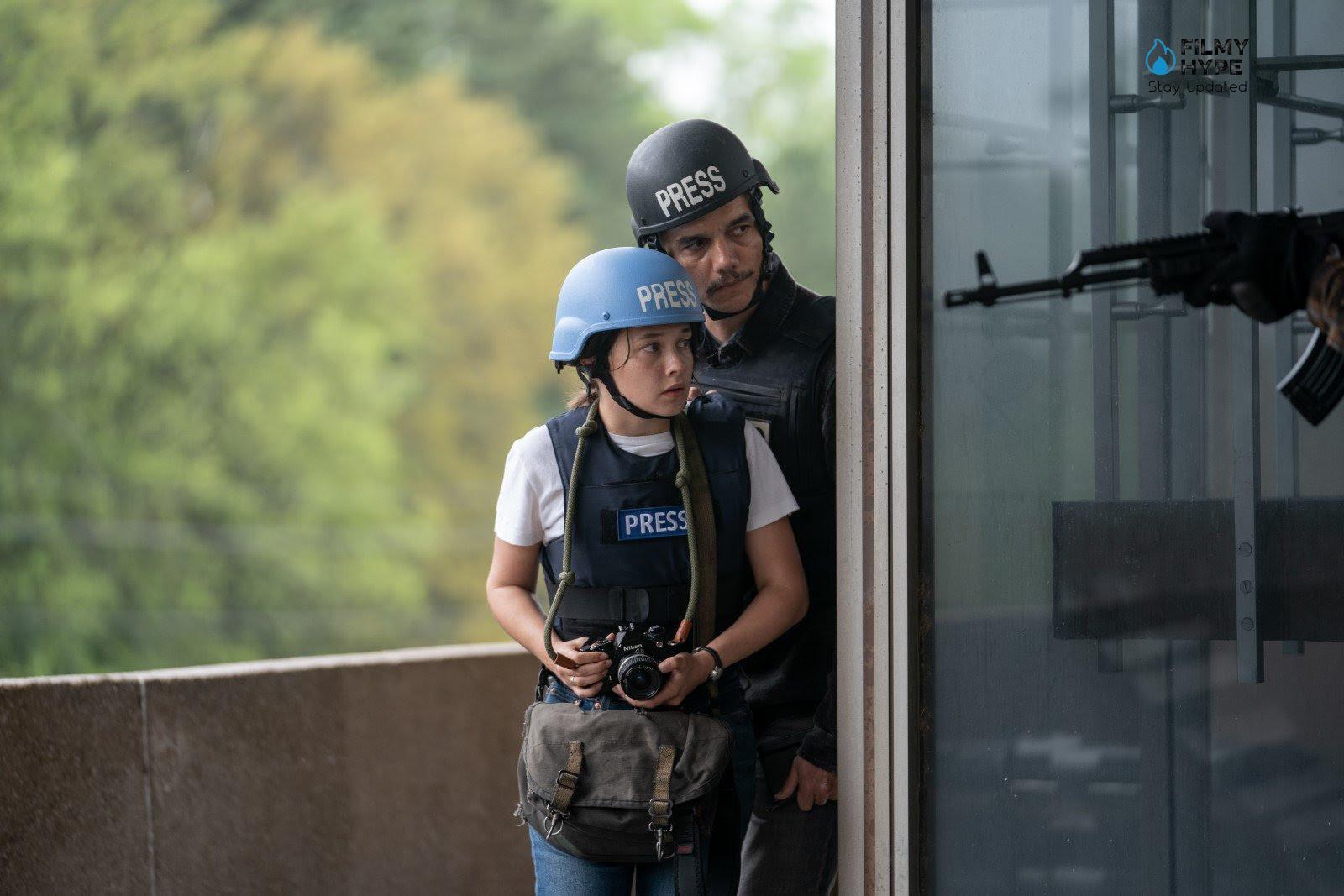
Together with a very young photographer who looks to Lee as a mentor (Cailee Spaeny) and the journalism veteran Sammy (Stephen McKinley Henderson), the two will attempt a very difficult journey. From New York to Washington DC passing through West Virginia and Charlottesville, where the front line stops. A race against time, to collect the last interview, to take the last photo of the despot president. A journey into the territories now no man’s land, where a man good at shooting a rifle can claim the right of life and death on the land around his house. Civil War Movie is full of distressing, chilling scenes. It recounts the unraveling of the delicate American democratic fabric, the re-emergence of conflicts and impulses dating back to the first Civil War Movie through which the states became united. It’s not always coherent, it’s not always precise. There is a sort of poetics of horror behind certain stylistic choices, all aimed at transporting the viewer to an America that is about to be freed from its dictator, but which is now fragmented, and devastated.
On a sound and visual level, the Civil War Movie creates distressing scenarios by associating recurring images in war territories (attacks, refugee camps, the queue for water supplies, refugees) with the US reality. However, he does so by focusing on writing a long love letter to journalism: serious, committed, uncompromising, award-winning journalism. An art and a profession in danger of extinction, told in the passing of the baton from an old guard wounded in the mind by the horrors witnessed and by the awareness that it was not enough to prevent them from arriving home to a new generation of people animated by the same fire, prone to the same addiction, at times masochistic. Both as a screenwriter and as a director Garland maintains his cold, detached, cerebral style, which contributes to leaving people speechless. However, he does not renounce stylistic and poetic choices, the break with “realism” in favor of the image, of cinema. A choice that many will not forgive him – especially in the final scene – slaves to a reading of cinema made entirely of circles, magnifying glasses, and continuity errors, which constantly seems to forget that cinema is also an art and license poetics is in its DNA as much as narrative coherence.
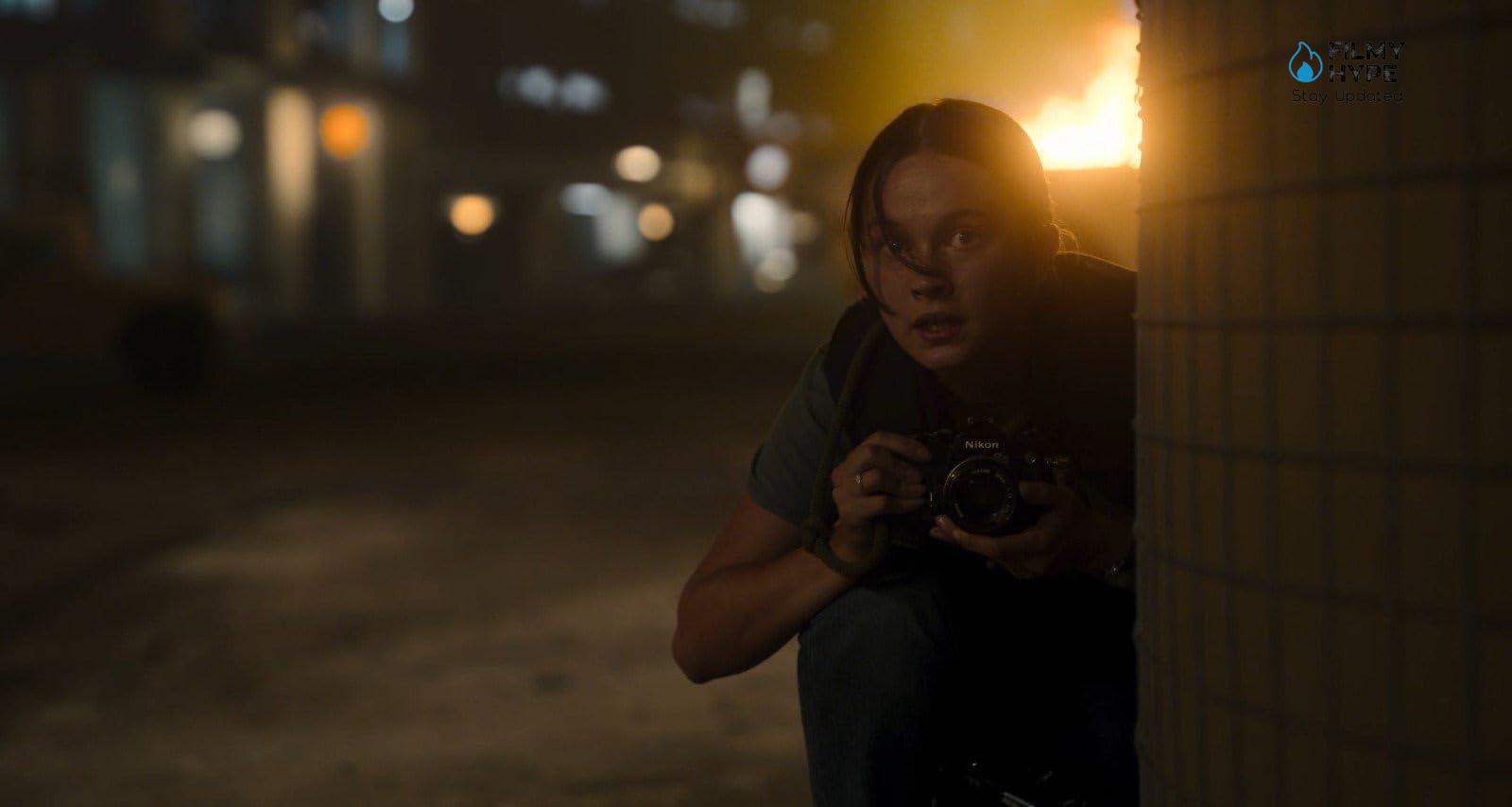
Civil War Movie Review: The Last Words
Civil War is a film that speaks both the language of cinema and our own reality. In the ruthless fresco of a dystopian-ally cruel context nestle some reflections very close to current events, in the most disturbing way possible. Thus, the camera, in the hands of Alex Garland, becomes a different gaze, an eye interested and committed to discussing with the spectators in the room, making a fictitious context available to them that has an impact both for its narration and for its formal construction. Civil War leaves its mark not only for its spectacular staging and the unforgettable performances of the cast but also for its penetrating investigation of the human spirit in the face of division and war. Garland manages to weave a narrative that is both intimate and epic, making the Civil War an unmissable experience that incites deep reflection on the direction in which we are taking our world.




